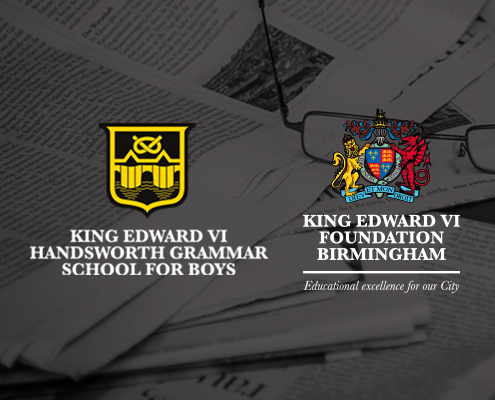Sixth Form Enrichment Day
Year 12 and 13 students were treated to a wide range of speakers and experiences during the first Enrichment day of this academic year. They responded superbly to the guest presenters who were working with them throughout the day.
Year 12 students had a presentation from Revolution Hive, a company founded by ex HGS student Keshav Bhatt, where they were challenged in their views about girls and women in society. Another ex-student Tom Stroud, currently studying Civil Engineering at university and working for Morgan Sindall the engineering company, talked about his work on the Crossrail project in London.
Zoe Boon from the global accountancy firm EY, spoke to the students about EY’s school leavers programme and David Pearson from Liberty Industries talked about opportunities within the manufacturing sector. Mrs Chandan and Mr Dhillow worked with Year 12 students on “Marriage and Relationships”. This was an excellent part of the programme and was very well received by the students.
Alison Clarke from the University of Dundee spoke to the students about studying in Scotland and then the students were set off to investigate the history of Birmingham, on a local treasure hunt.
Year 13 students heard from Deb Amory from Student Finance England, about the student loans process. Dr Liese Perrin from the University of Warwick spoke about her career and the need to build up appropriate experiences to assist in your career decision-making. Beth Crossfield and ex HGS student, and last year’s Deputy Head Girl, Jardel Robinson-Hylton, spoke about City Year West Midlands, a gap year programme which is based in local primary and secondary schools.
David Moyle from the University of Aberystwyth spoke about studying in Wales and there was significant work carried out by students under the direction of Mr Duck and Mr Woodcock on this year’s university application process.
Year 13 students spent the afternoon on practical activities ranging from cooking on a budget, car maintenance, jewellery making, Rock climbing, and Yoga.
It was a very successful and positive day for all involved.
Mr Conway
















